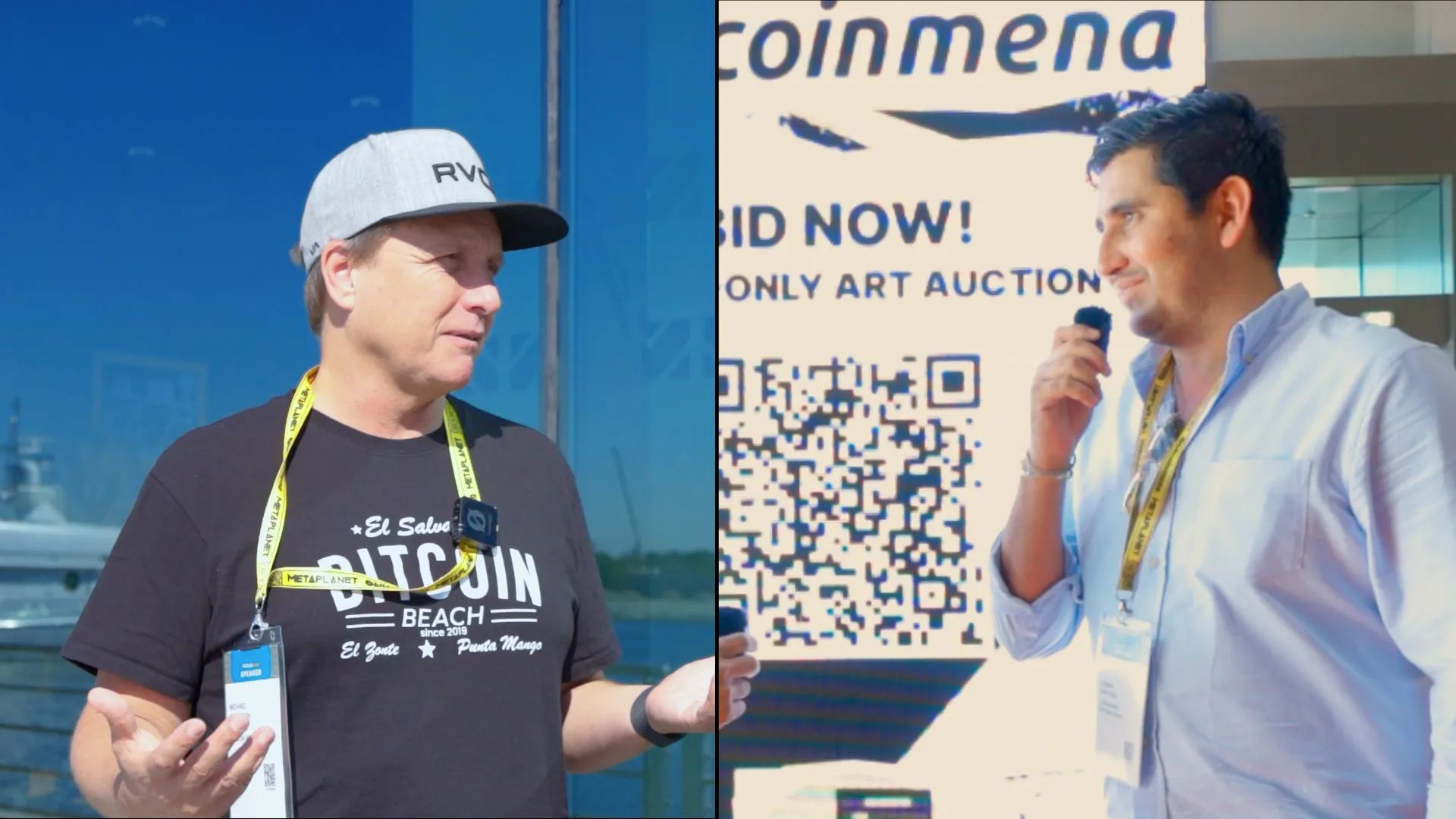Bitcoin Beach: A grassroots revolution in El Salvador
Discover how a small coastal town is reshaping the future of money and sparking a national movement with crypto at its core

In the small coastal town of El Zonte, El Salvador, a remarkable experiment has been unfolding since 2019. Known as Bitcoin Beach, this initiative has transformed a local economy and sparked a national movement.
In recent interviews with The Crypto Radio, Bitcoin Beach co-founders, Mike Peterson and Roman Martinez, shared firsthand accounts of life for Salvadoreans and tourists alike, painting a vivid picture of how Bitcoin is reshaping daily life in El Salvador.
Bitcoin Beach began as an experiment to create a circular Bitcoin economy—a system where Bitcoin is earned, saved, and spent within the community. Peterson explained the project's origins: "We started paying youth in Bitcoin for doing community service work. And it really changed their mindset about money."
The team identified a critical issue: most locals lacked access to traditional banking systems. They saw Bitcoin as a solution to this financial exclusion. By introducing Bitcoin as a medium of exchange—money used for buying and selling goods—they aimed to create a circular economy that could operate independently of traditional financial institutions.
The implementation was straightforward but revolutionary. In a community where immediate spending was the norm due to the devaluing nature of their currency, Bitcoin introduced the concept of long-term savings and investment. It changed the opportunity cost of spending, encouraging more thoughtful financial decisions.
From financial exclusion to empowerment

The impact of Bitcoin Beach extends beyond individual finances. The project has visibly transformed El Zonte. Where once stood a depressing area with high unemployment, now thrives a bustling town with paved streets and growing businesses. The bus stop, previously a departure point for job seekers, now sees an influx of workers from surrounding areas coming to El Zonte for employment opportunities.
The success of Bitcoin Beach played a pivotal role in El Salvador's decision to adopt Bitcoin as legal tender in 2021. This move has attracted global attention and investment. As Martinez noted, "El Salvador has been attracting a lot of people from around the world and everyone that comes to El Salvador, of course, wants to go and check out Bitcoin Beach".
Everyday use of Bitcoin
The project's success lies in its practical approach to cryptocurrency adoption. Unlike in many parts of the world where Bitcoin is primarily seen as an investment asset, in El Zonte, it's used for everyday transactions.
Signs proclaiming "Bitcoin accepted here" are ubiquitous, from small vendors to hotels and restaurants. To facilitate this adoption, innovative solutions were implemented.
For instance, the government introduced a dual-balance wallet system, allowing users to transact in Bitcoin while merchants can choose to receive payments in dollars if they prefer. This approach reduces concerns about the volatility of Bitcoin's value.
Looking forward, Peterson predicts that within five to 10 years, the majority of transactions in El Salvador will be in Bitcoin, though the dollar will not completely disappear. He estimates that worldwide adoption could take 20 to 30 years, acknowledging that changing financial habits takes time.
The Bitcoin Beach project serves as a powerful case study in grassroots economic transformation. It shows how crypto can be more than just a speculative asset – it can be a tool for financial empowerment and community development.
As the world watches El Salvador's national experiment unfold, the small town of El Zonte stands as a testament to the potential of Bitcoin to reshape local economies and provide financial inclusion to the unbanked.
Listen to the full interviews with Mike Peterson and Roman Martinez in the Bigger Picture podcast.



